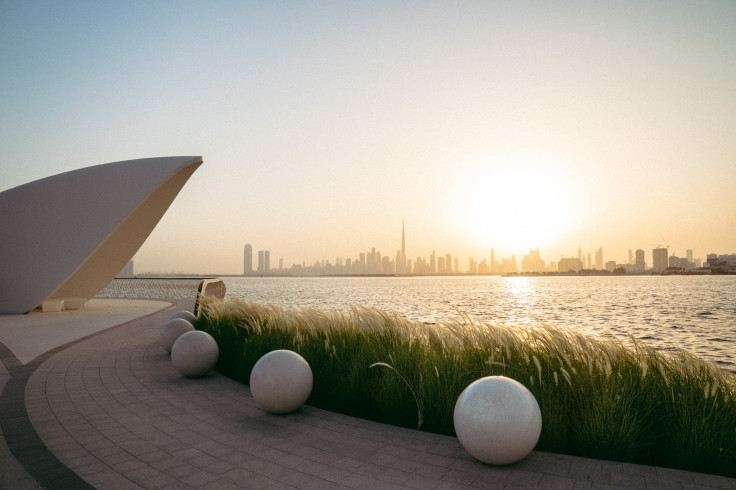Dubai Approves New Policies To Boost Healthcare, Education, Welfare, And Smart Infrastructure

Dubai has introduced several new policies to improve residents' quality of life, in line with the goals of the Dubai Social Agenda 33 and the Dubai Economic Agenda D33.
During a meeting of the Executive Council of Dubai, chaired by Sheikh Hamdan bin Mohammed bin Rashid Al Maktoum, the Council approved measures related to healthcare, support for Emirati students in private schools, family welfare services, and the development of smart buildings.
"Guided by the vision of His Highness Sheikh Mohammed bin Rashid Al Maktoum, Vice President and Prime Minister of the UAE and Ruler of Dubai, Dubai puts people at the heart of all its development plans," Sheikh Hamdan was quoted as saying by WAM.
"Our policies are designed to support individuals, families, and the wider society, which represent fundamental pillars to a more sustainable and inclusive future. As we target the goals of the Dubai Plan, spurred by the Dubai Social Agenda 33 and the Dubai Economic Agenda D33, our focus remains on delivering tangible, people-centric outcomes," he added.
Dubai, led by the Dubai Health Authority, plans to expand access to high-quality healthcare by 2033. The initiative includes building three new hospitals, 33 primary healthcare centres, and several specialised medical centres.
These will be located in growing residential areas such as Al Yalayis, Al Awir, Hind City, Nad Al Sheba, Al Lisaili, and Lehbab. The facilities will be developed through public-private partnerships, with incentives to attract both local and international investment.
The strategy also involves reviewing healthcare needs, improving mental health and rehabilitation insurance, attracting skilled medical professionals, and offering more scholarships for Emirati doctors.
In education, a new policy led by KHDA aims to ensure all Emirati students in private schools attend institutions rated 'Good' or higher, with over 90% parental satisfaction. The plan includes tailored education models, school improvement programs, and expanding the Dubai Distinguished Students Program.
It also seeks to increase the number of Emirati teachers, raise curriculum standards, and enhance parent engagement. The policy supports the Dubai Education Strategy 2033 and aims to prepare future Emirati leaders.
Dubai's new Unified Centre for Family Care, run by the Community Development Authority, will provide family counselling, child protection, custody services, and social guidance under one roof.
The Dubai Smart Buildings Policy, led by Dubai Municipality, sets guidelines for buildings to use renewable energy, smart water and parking systems, automated climate control, and real-time monitoring.
The goal is to cut energy use by 25%, water use by 15%, and operational costs by 20%, while improving residents' quality of life.
© Copyright 2023 IBTimes AE. All rights reserved.





















